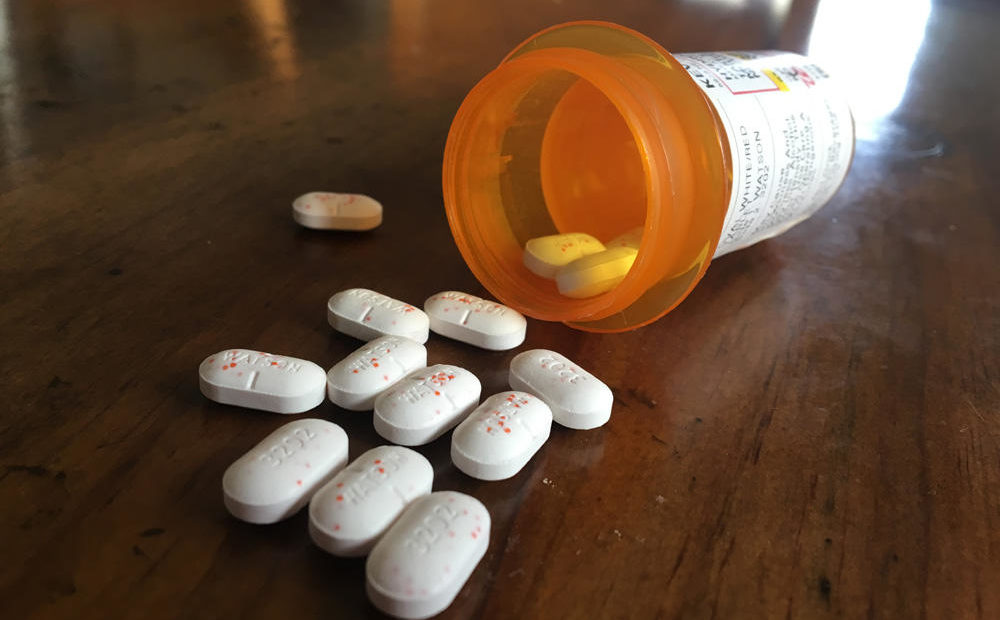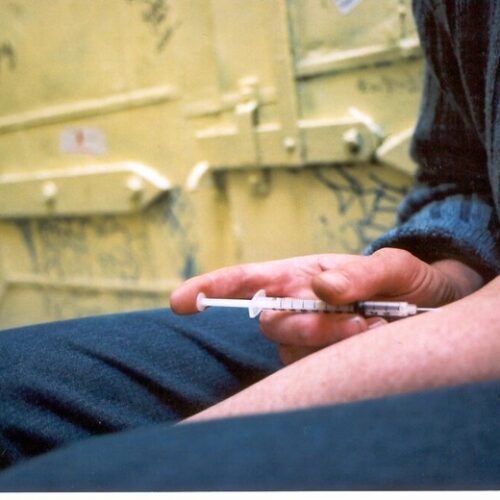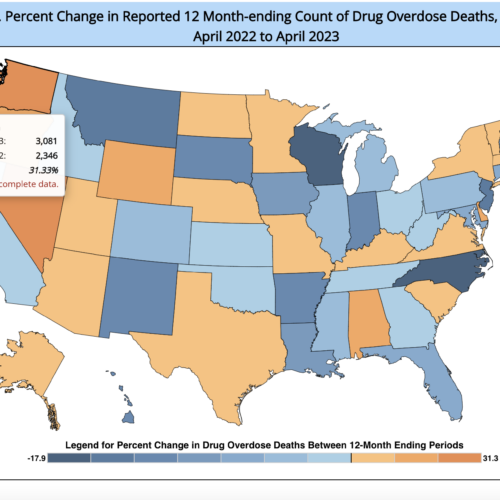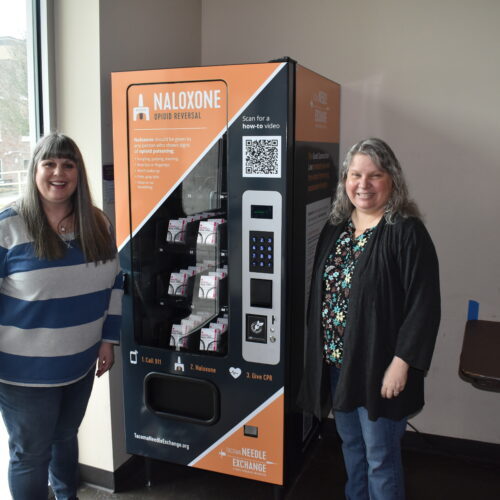
Washington Lawmakers Tackle Opioid Epidemic, But Much Work Remains
Listen
The opioid crisis is front and center at the Washington Legislature this week. On Monday, lawmakers heard testimony on three bills aimed at preventing and treating opioid addiction and reducing overdose deaths.
Nathan Schlicher is an emergency room physician who is representing the Washington State Hospital Association. He was one of dozens of people who testified that more needs to be done.
“I have told mothers that their children are not coming home, and watched them fall to their knees and cry out at an angry god, and I have watched a mother who is drug addicted herself carry her five-year-old into my ER who had found her drug stash dying,” Schlicher said. “And I will tell you there is nothing more helpless than a provider than see a five-year-old die of a drug overdose, it is not something you easily forget.”
In 2016, close to 700 people in Washington state died of opioid overdoses.
Lawmakers are considering bills that would expand treatment, and that would impose new restrictions on health care providers that prescribe opioids.
Governor Jay Inslee wants lawmakers to declare the opioid epidemic a public health crisis.
Copyright 2018 Northwest News Network
Related Stories:

Walla Walla sees rise in overdoses
(Credit: Urban Seed Education / Flickr Creative Commons) Listen (Runtime 1:01) Read Last month, the number of opioid overdoses in Walla Walla spiked to 124% more than the local monthly

Federal funds to battle opioid addiction coming to rural western Washington hospitals
For people seeking medication-assisted treatment for substance use disorder in some rural Washington communities, there could soon be more options. Recent grant funding from the U.S. Department of Health and Human Services has been allocated to develop medication-assisted treatment (MAT) at rural clinics.

How Washington, Idaho are attempting to reduce increased opioid overdose deaths
In downtown Tacoma, Rachel Ahrens said she sees drug use and abuse frequently.
“I’ve personally seen somebody that was just slumped up against the door and looked to be like an overdose,” said Ahrens, who is the building administrator for First United Methodist Church. “I didn’t have Narcan at that time, so I wasn’t able to administer that. So I had to call 911, for them to help the individual.”
















